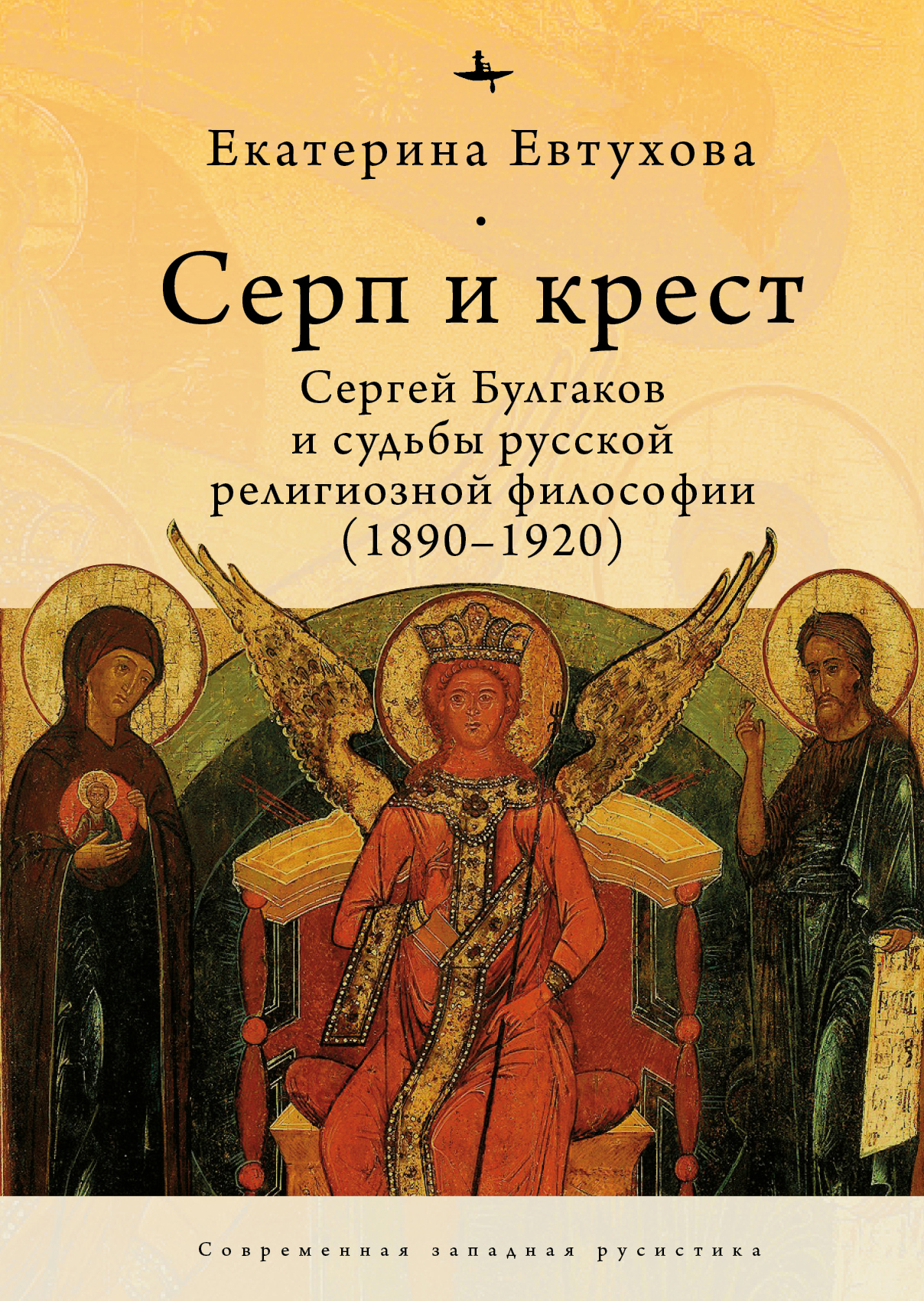Шрифт:
-
+
Закладка:
Сделать
Перейти на страницу:
Джамиль Заки, профессор психологии Стэнфордского университета, больше десяти лет исследовал эмпатию. Он утверждает, что эмпатию можно и нужно сознательно развивать и только так мы сделаем мир лучше — для нас и для следующих поколений. Заки дает одно из самых полных описаний эмпатии, рассматривает ее проявления и приводит примеры из разных областей жизни.
Перейти на страницу:
Еще книги автора «Джамиль Заки»:




